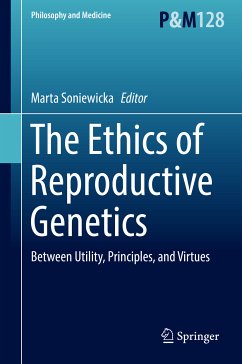
Functions: From Organisms to Artefacts (eBook, PDF)
Versandkostenfrei!
Sofort per Download lieferbar
104,95 €
inkl. MwSt.
Weitere Ausgaben:

PAYBACK Punkte
52 °P sammeln!
This book, originally published in French, examines the philosophical debates on functions over the last forty years and proposes new ways of analysis. Pervasive throughout the life sciences, the concept of function has the air of an epistemological scandal: ascribing a function to a biological structure or process amounts to suggesting that it is explained by its effects. This book confronts the debates on function with the use of the notion in a wide range of disciplines, such as biology, psychology, and medicine. It also raises the question of whether this notion, which is as old in the his...
This book, originally published in French, examines the philosophical debates on functions over the last forty years and proposes new ways of analysis. Pervasive throughout the life sciences, the concept of function has the air of an epistemological scandal: ascribing a function to a biological structure or process amounts to suggesting that it is explained by its effects. This book confronts the debates on function with the use of the notion in a wide range of disciplines, such as biology, psychology, and medicine. It also raises the question of whether this notion, which is as old in the history of technology as it is in the life sciences, has the same meaning in these two domains.
Dieser Download kann aus rechtlichen Gründen nur mit Rechnungsadresse in A, B, BG, CY, CZ, D, DK, EW, E, FIN, F, GR, HR, H, IRL, I, LT, L, LR, M, NL, PL, P, R, S, SLO, SK ausgeliefert werden.












